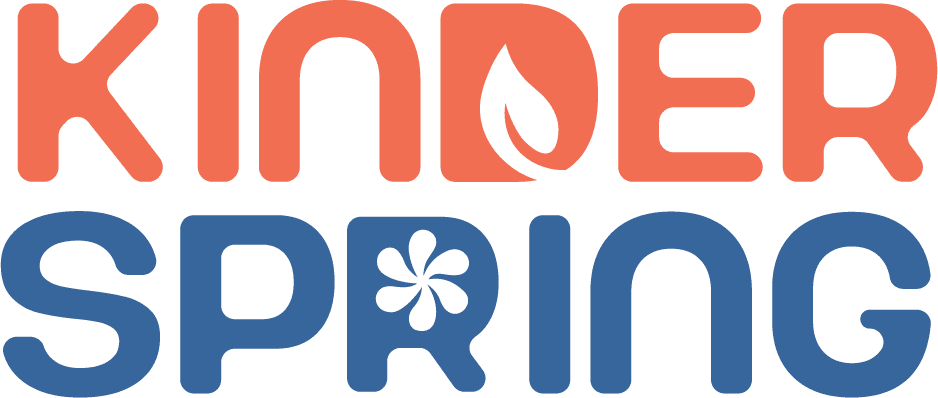Taking the step towards scheduling therapy for your child can be a courageous and life-changing decision. As a parent, you might have multiple questions, but we have got you covered in this article. Let’s have a look.
What exactly is child therapy?
Child therapy is an intervention designed to help manage a child’s emotional, behavioural, and developmental difficulties. Therapy is not just for children with developmental or mental health issues.
Even if your child experiences stress, has emotional or academic struggles, therapy can still help. Through therapy, your child can learn to express themselves much better.
How should parents prepare for the first session?
Some parents might feel overwhelmed and stressed before the first session, but there is nothing to worry about! Let us look at some tips to prepare for the first session to ease your fears:
Gather any important information that is required for therapy (school reports or other assessment records, if any).
Make a note of any challenges or difficulties that your child faces. You can also sit down and talk to your child about their difficulties and jot them down.
Your child may have preconceived notions or fear going to therapy. Talk to them and do not be judgmental of their feelings.
Be honest with the therapist regarding your fears and concerns. Ask your child to open up to the therapist as well. This can help in resolving and working through problems.
What happens in the first session?
In the first session, the therapist would try to develop a bond with your child. This can be done either through games, visual aids, drawing lessons, etc. Therapists might also review some background details (medical history, previous assessments, etc). If your child is unable to communicate thoroughly in the first session, make sure you, as a parent, step in to support them.
What happens at the end of the session?
At the end of the session, the therapist would share their key takeaways from the session. A formal diagnosis would require a few more therapy sessions. The therapist might then sit with you to align and put together “therapy goals”. For instance, if your child has difficulty in communicating properly, the therapy goal would be set around “improving communication”.
What should you do as a parent?
If the therapy session is online, check your internet connection and set up your devices properly before the session starts. Dress your child up in comfortable clothes. Minimize distractions and reduce clutter (applicable only if the therapy session is going to be online or at your house).
Encourage your child to open up and be honest in the sessions. Acknowledge their feelings and use positive reinforcement (reward them for taking small steps, for example, being ready to meet the therapist).
Your child’s first therapy session need not be filled with fear and apprehension. Trust the process, be patient, and open-minded. Remember, therapy is not a quick fix; it is the first step in moving towards your child’s growth and development.

